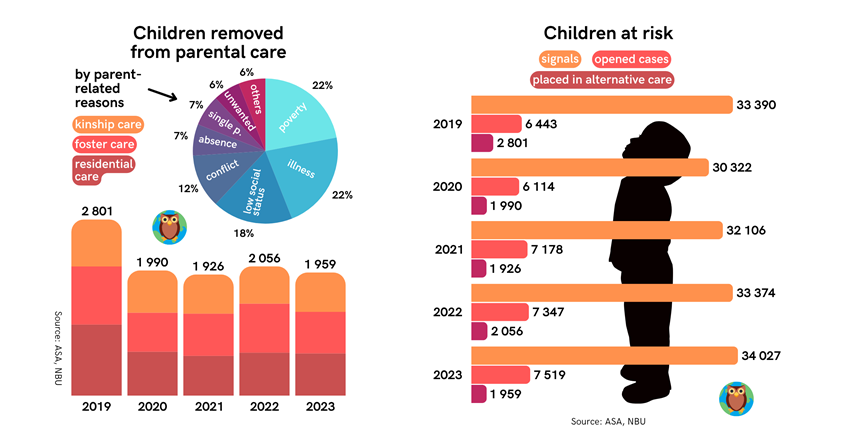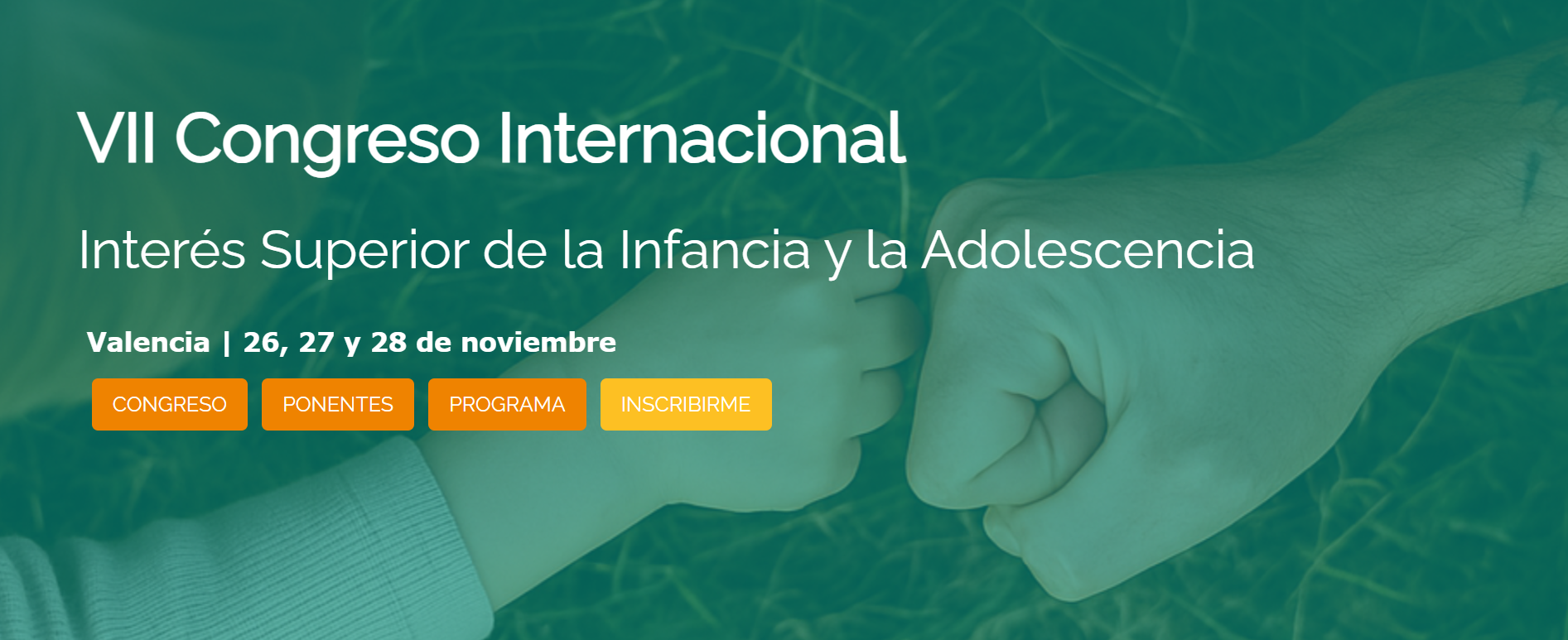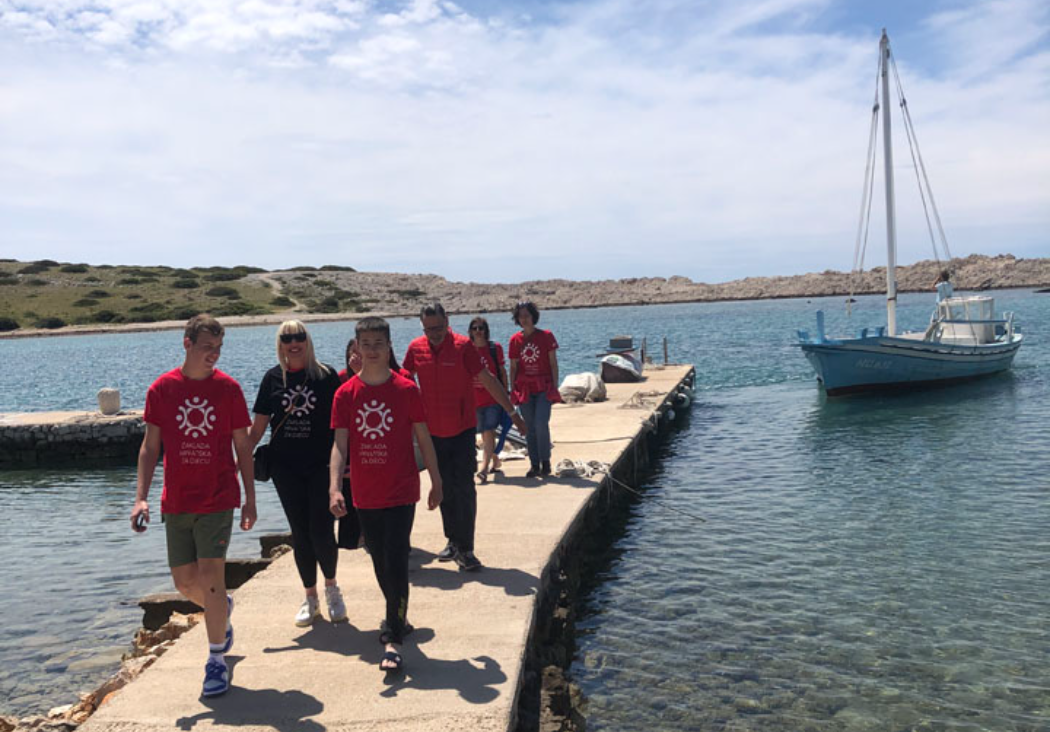Why are child-family separations in Bulgaria a matter of emergency?
A blog post by Evgeniya Toneva, Programme Coordinator and Researcher at the Know How Centre for Alternative Care for children, New Bulgarian University - a Eurochild member.
Recent research on child-family separation in Bulgaria reveals that the child protection system predominantly responds to family crises through emergency placement of children in alternative care, without adequately addressing the underlying systemic issues driving these separations. Persistent challenges, such as poverty and marginalisation, remain largely unrecognised, compounded by a significant lack of reliable data to inform effective interventions.
Around 8,500 children in Bulgaria live outside their biological families under protection measures. Who are these families, what challenges do they face, and why do children end up in state care? A 2024 study of the Childhood 2025 Coalition, explored these questions. The study analysed the work of social service specialists from 2019 to 2023, covering approximately 1,500 cases of families separated by or identified as at risk by the child protection system. Researchers also surveyed specialists with over 30 questions about common challenges, problems, and support practices. To gauge the extent of these issues and whether the state tracks or recognises them, the researchers requested relevant public data related to the findings.
Tracking the flow
Bulgarian legislation prioritises child protection within the family. When this fails, alternative care is used in a strict order: kinship care, foster care, then residential care, with placement only after all family options are exhausted, except in emergencies.
Public data shows that the child protection system receives 32,000 reports on children at risk on average per year. Risks are confirmed in about 22% of cases, leading to protection measures. Nearly 2,000 children are still being placed in alternative care each year. Available public data fails to shed light on important issues with regard to this number. It does not reveal how many children enter alternative care for the first time each year, nor whether family-based measures were attempted before separation in each case, as prescribed by law.

Emergency as a routine
Against the background of this lack of statistics, the study revealed that out-of-family placements most often happen through the emergency procedure, though the law intends this as a rare measure in cases of immediate risk to health or life. The state, however, does not track how many placements use emergency procedures or collect data on specific risks driving protective measures.
Having detailed data on first-time entries into alternative care and prior family-based interventions is crucial for understanding the effectiveness of prevention efforts and ensuring that placements comply with the legal priority of keeping children in family environments whenever possible. Without this information, policymakers and practitioners cannot fully assess whether children are being protected appropriately or if emergency placements are overused as a default response.
Chronic problems driving child-family separation
The dominance of emergency placements suggests that child-family separations happen during acute crises fuelled by multiple risks. The study confirmed that these crises often build over time from a combination of factors, with poverty as the strongest risk, extending beyond finances to poor health, limited opportunities, and discrimination. Poverty rarely causes separation alone but combined with parental illness or housing loss it triggers crises. Parental mental health issues and family conflicts, such as violence or divorce, further destabilise children’s environments, often linked with social exclusion and poverty. The state does not analyse or provide public data on parents’ circumstances or backgrounds leaving these relative influence of these factors unexamined. Nether it collects data on children’s ethnicities, which makes it impossible to confirm or refute the question of whether Roma children are disproportionately represented in care services.
Detailed information on the social, economic, and health conditions of parents, along with children’s ethnic backgrounds, is vital for understanding root causes of family crises and address systemic inequalities. Without this data, creating effective prevention strategies and ensuring adequate support becomes significantly more challenging.
Better data for better prevention
The study calls for enhanced support for vulnerable families, noting that existing programs are often fragmented due to a lack of reliable data for effective planning at both national and local levels. It highlights the importance of improving early risk identification by teachers, doctors, and police to allow timely interventions that can prevent family crises.
The Know-how Centre underscores the critical need for better data collection and transparency. Consistent, publicly accessible data on child-family separation is essential; without it, policies and support programs risk being based on assumptions rather than solid evidence. A robust data foundation would enable more precise, effective interventions tailored to real needs, ultimately reducing unnecessary child-family separations.
This research was conducted by Know-how Centre for Alternative Care for Children, NBU, Hope and Homes for Children – Bulgaria, Equilibrium Association, International Social Service – Bulgaria, Tulip Foundation, SOS Children’s Villages – Bulgaria, and For Our Children Foundation and funded by Tanya's Dream Fund as part of their strategic goal to transform the social care system towards preventing child-family separation.
Read the full study (in Bulgarian) here.





